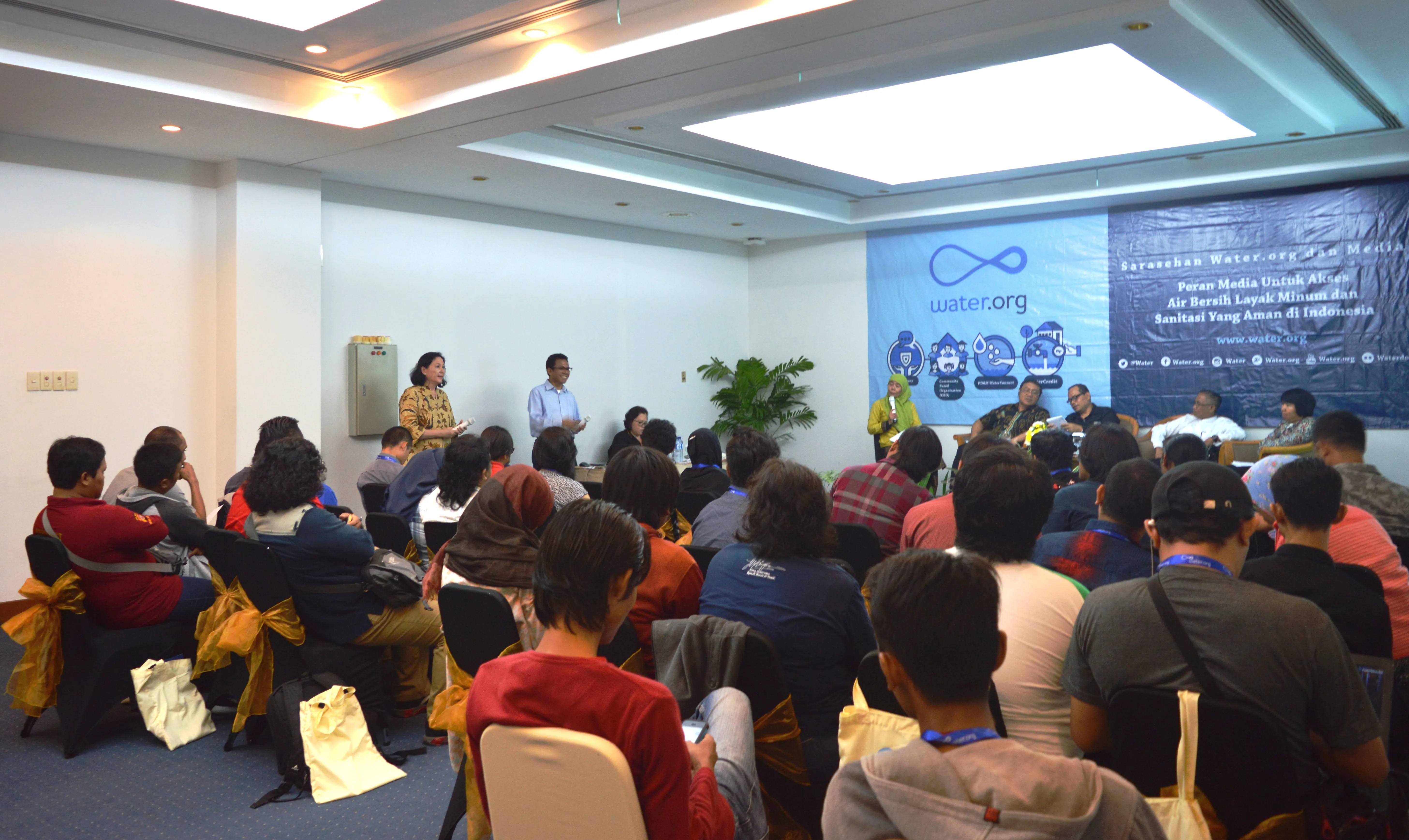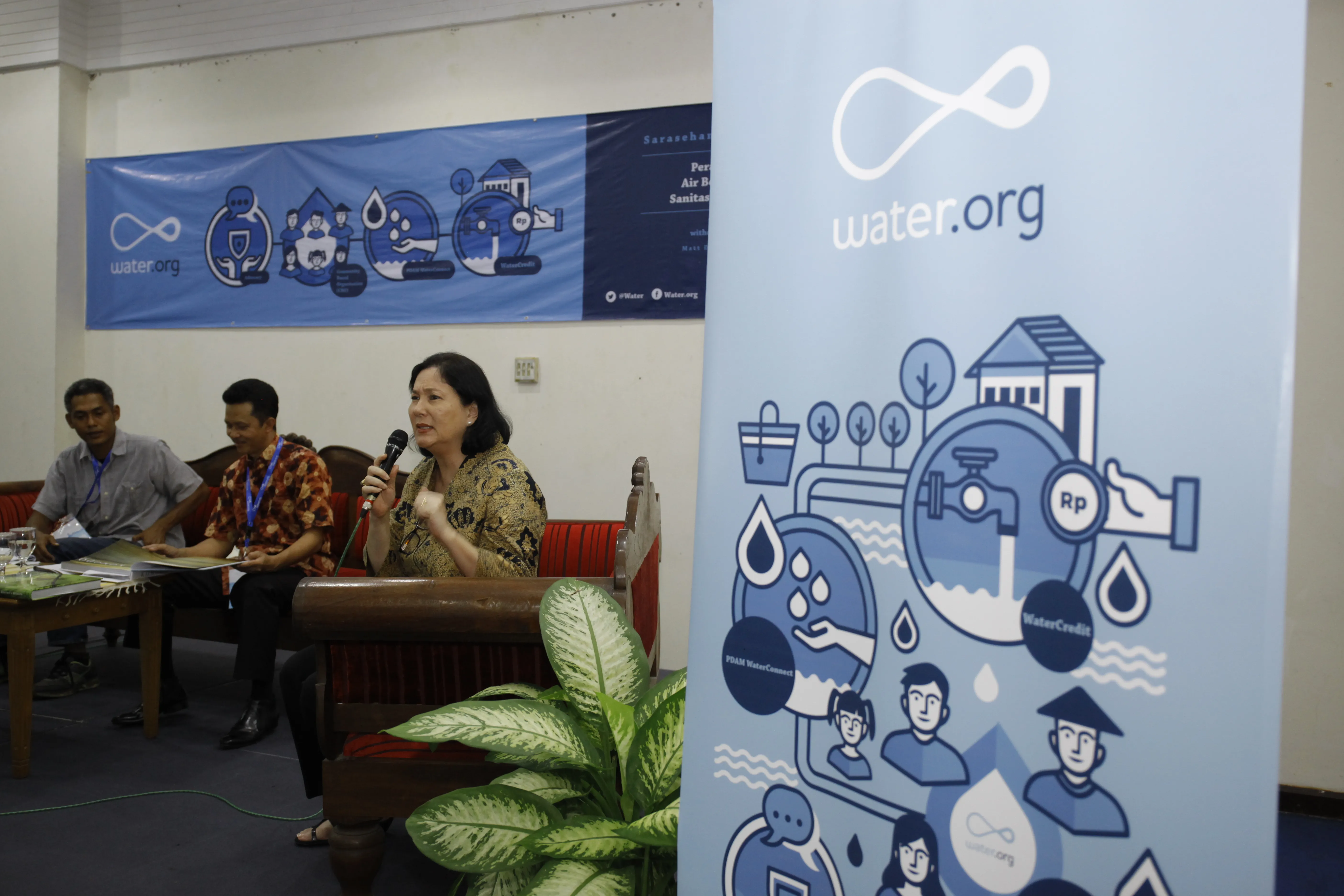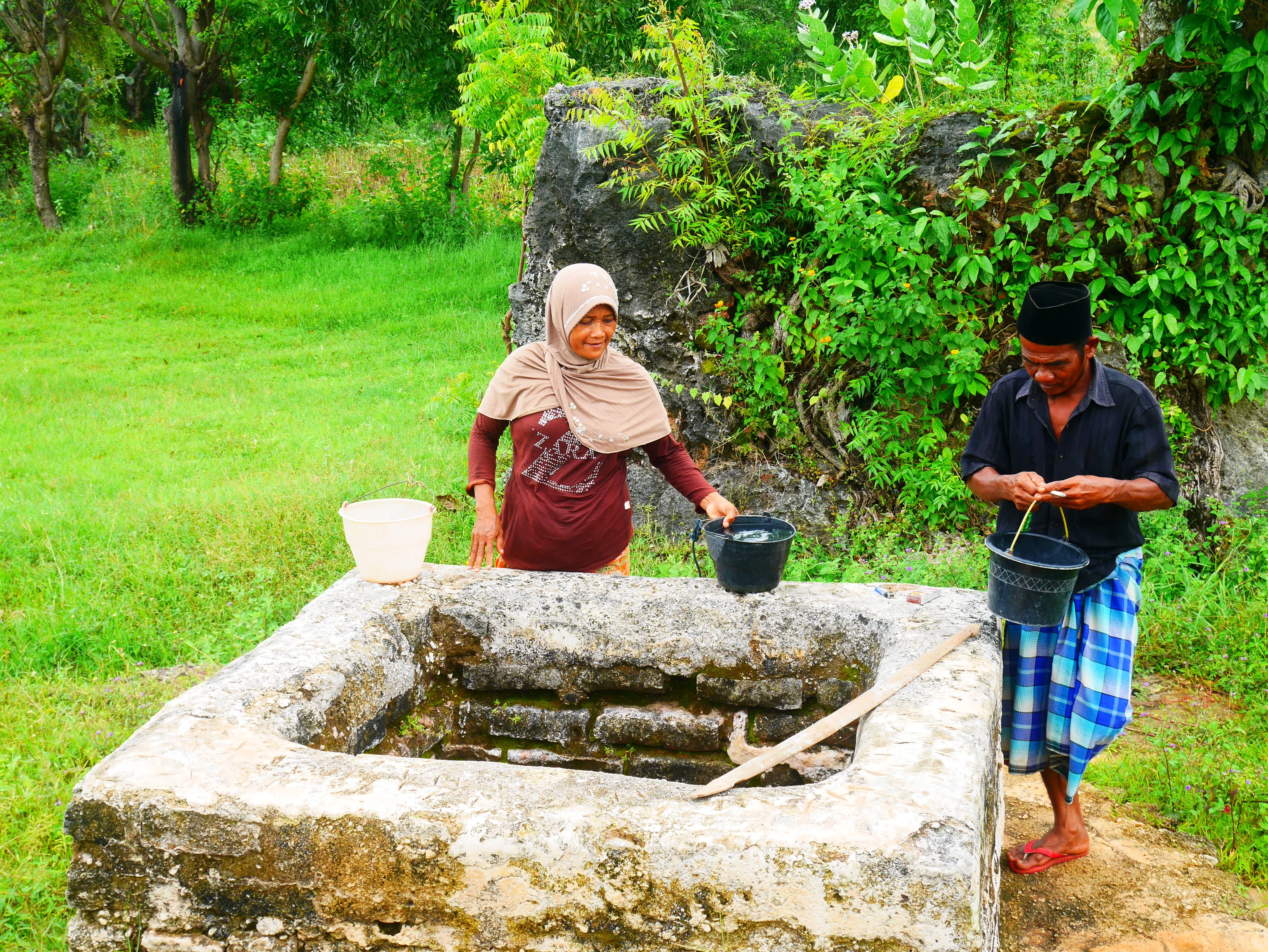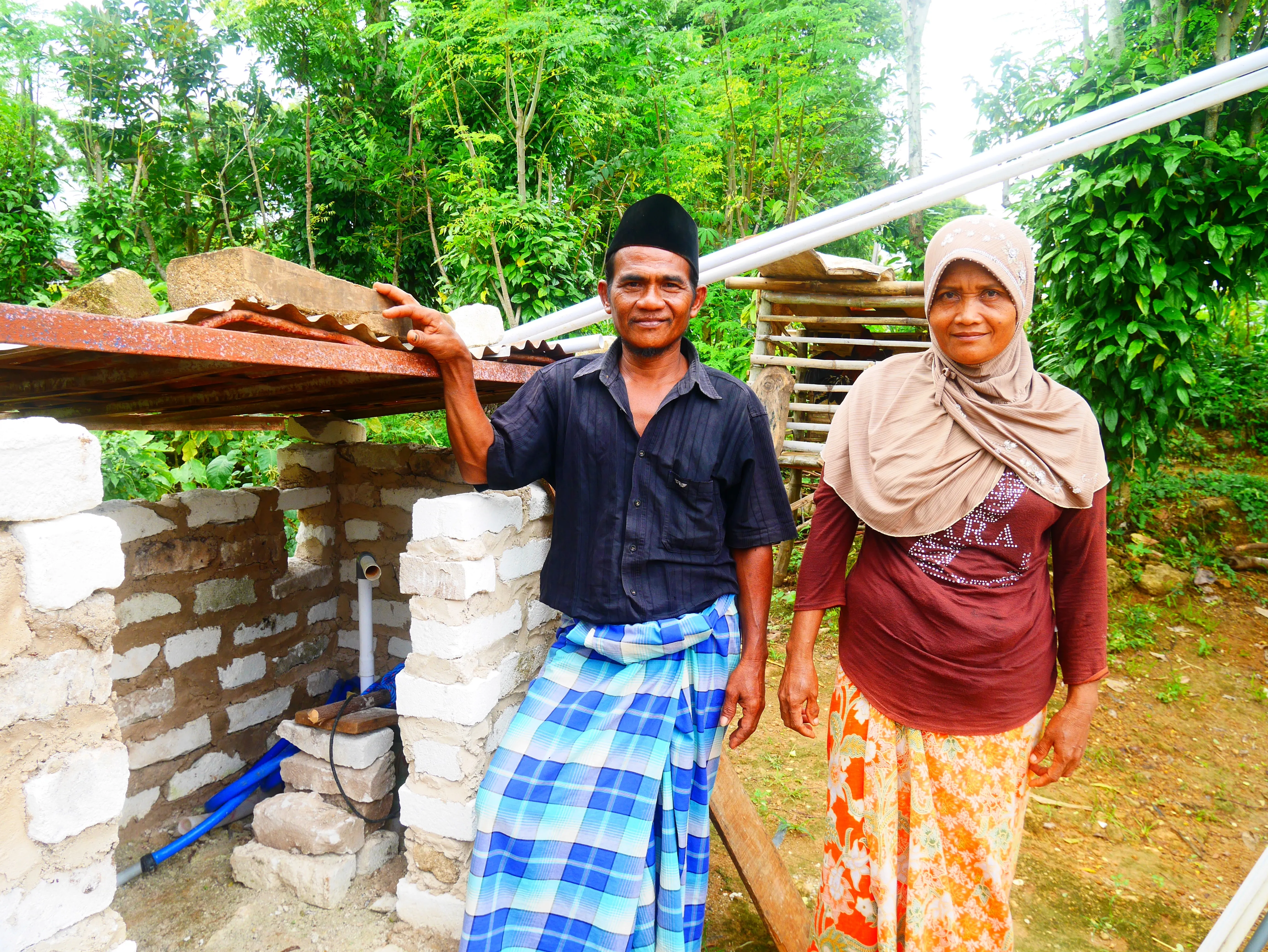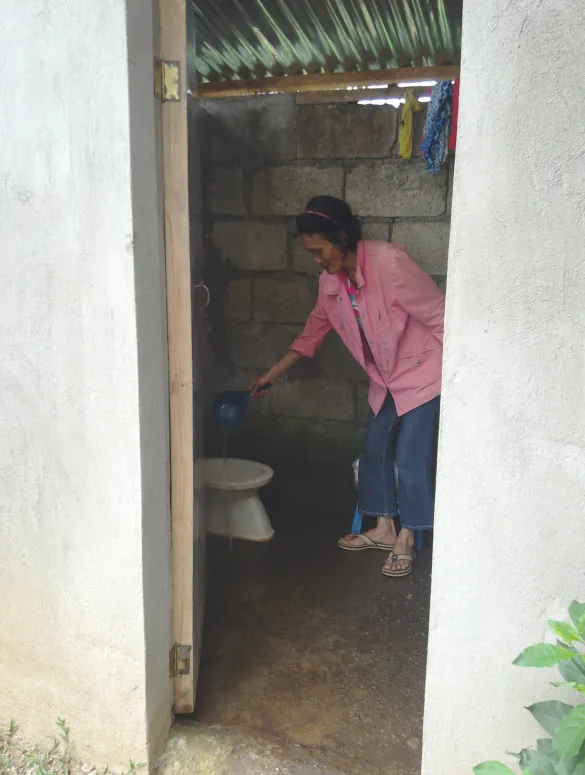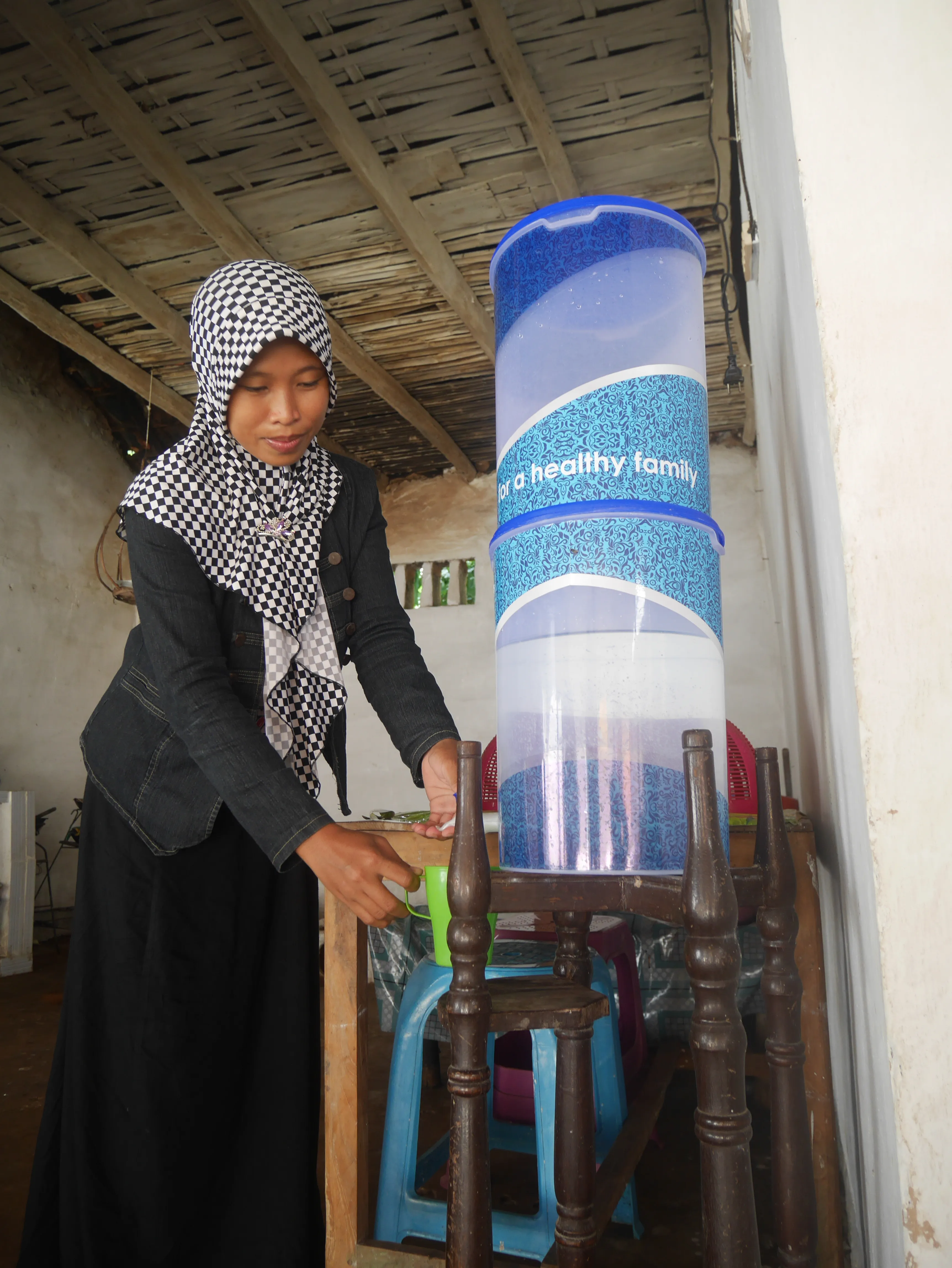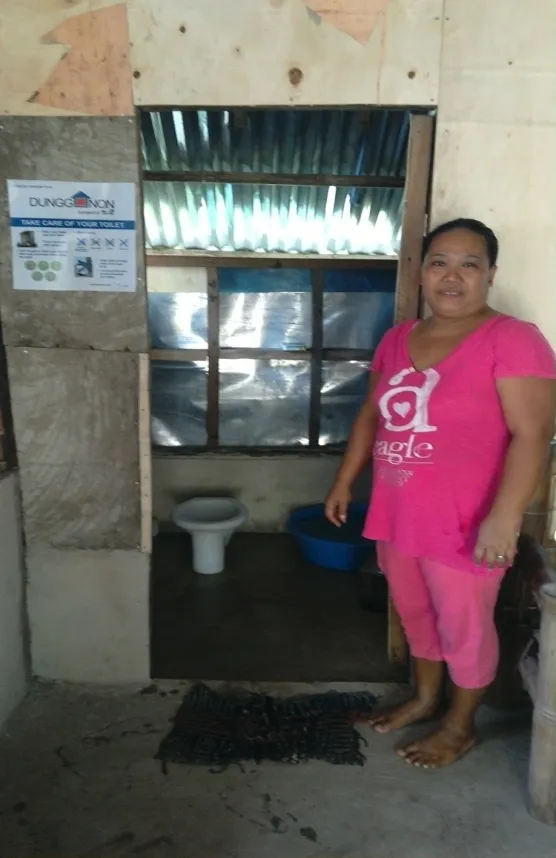Southeast Asia Newsletter - July 2017
Media discussion and dialog with Water.org:
The close connection between clean water, sanitation and poverty
Water.org hosted a media session in May 2017 in Malang, East Java entitled “Media Workshop and Dialog with Water.org: The Role of the Media in Access to Safe, Clean Water and Healthy Sanitation in Indonesia”. During this session, participants discussed the low level of community awareness that currently exists in Indonesia concerning open defecation, despite the assistance given to build several toilets.
Ira, a journalist with the Malang Pos, said, “Usually we are only interested in water, sanitation and hygiene (WASH) issues when they involve victims in cases like diarrhea, floods and the water crisis, as well as demonstrations from Regional Drinking Water Company (PDAM) subscribers over tariff hikes. Now there is credit for toilets, credit for water, and stories about PDAM that are different.”
The discussion and dialog provided an understanding and a new awareness about the management of water and sanitation in Indonesia, with several sources putting forward innovative solutions to the problem. Ratih Hardjono, an adviser to the Water.org Indonesia Advocacy Program, hopes the discussion will enrich the work of journalists by providing them with clear and more objective information.
“The role of the media is very important when it comes to providing an understanding of this problem. Clean water and poor sanitation in the community are identified with poverty. This is both a serious and a basic matter for the country. The media can play a key role in advocating for this issue to all parties; not only to the community, but also to decision makers,” explained Ratih, a former senior journalist with Kompas, an influential national daily in Indonesia.
Ratih added that the media could maximize its role as an agent of change by broadening the minds of the public about the significance of access to clean water and sanitation, which represents the right of every person.
Around 60 journalists from West Java, Central Java and East Java have now participated in the activities with Water.org, which will be followed by training, a writing workshop and competition for journalists. (Musfarayani/Water.org Indonesia)
Rosalinda learns about the safety and convenience a toilet brings
Rosalinda Silebio is a 51 year old member of NWFT’s Project Dungganon who resides at Brgy. Lukap, Canlaon City. Her three children live with her and they have a small sugarcane plantation as their source of living.
She and her family live in on a small house on their sugarcane plantation. At the time of construction, they did not consider building a toilet since they ran out of budget and thought they would defecate in the plantation.
During the year they used their sugarcane plantation for defecating, they experienced stepping on feces when they were cultivating the sugarcane. During this time she realized that defecating in sugarcane plantation is not easy- they had to wait for the evening to defecate so other people don’t see them. During rainy days, they waited for the rain to stop to defecate.
In one of their center meetings, Green Product Staff came over to educate and offer WASH products. At the following center meeting, she asked the loan officer how she could avail a WASH loan. She then applied for a loan and when it was released, their toilet was constructed immediately. Currently, Rosalinda and her family enjoy the convenience and safety that their sanitary toilet provides.
The benefits of a toilet outweigh Emy’s hesitation to add to their monthly payments
Emy Alom is a 35 year old member of Project Dungganon. She lives with her husband and four children in Sitio Batilo Brgy. Pook, Hinobaan, Negros Occidental. Their house is made of woven bamboo and they don’t haven’t had a toilet since they were married. They used the bushes near their house as a cover when defecating. They felt uncomfortable defecating outside and felt unsafe for their daughters when defecating at night. They wanted to have toilet but they have no enough funds to finance the construction.
During their center meeting, their loan officer announced that there was a new loan product that is being offered for sanitary toilets, water filters, and water connections. She shared the information with her husband when she returned home, but they both decided not to avail the loan in order to save money.
As the days progressed, Emy’s desire for a sanitation loan grew but the idea of additional weekly payments held her back. A few weeks later, she was still thinking of the safety of their daughters and the inconvenience of defecating openly. Again, she talked to her husband, and convinced him that they needed the loan. Her husband agreed that the benefit outweighed the cost, and they decided to seek out the loan from NWFT. Emy applied for a sanitation loan amounting to PHP 10,000 at the very next center meeting.
Today, Emy and her family enjoy the benefits of their sanitary toilet and is proud that she could provide safety for her daughters.
